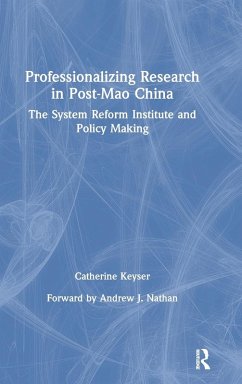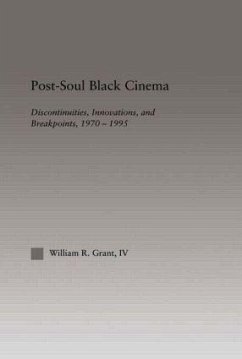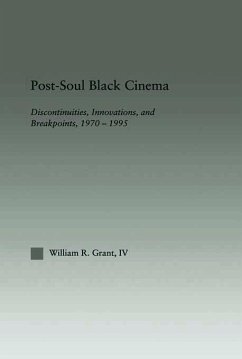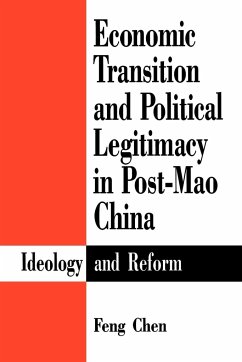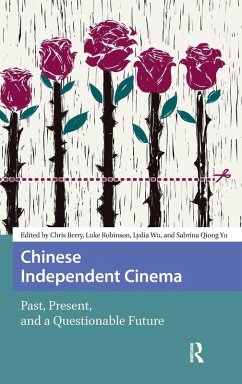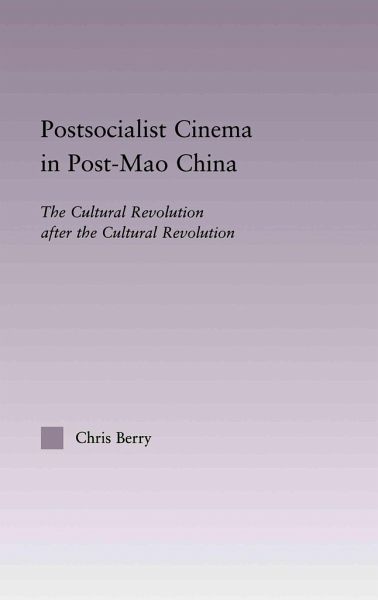
Postsocialist Cinema in Post-Mao China
The Cultural Revolution after the Cultural Revolution
Versandkostenfrei!
Versandfertig in 1-2 Wochen
195,99 €
inkl. MwSt.
Weitere Ausgaben:

PAYBACK Punkte
98 °P sammeln!
This book argues that the fundamental shift in Chinese Cinema away from Socialism and towards Post-Socialism can be located earlier than the emergence of the "Fifth Generation" in the mid-eighties when it is usually assumed to have occured. By close analysis of films from the 1949-1976 Maoist era in comparison with 1976-81 films representing the Cultural Revolution, it demonstrates that the latter already breaks away from Socialism.






